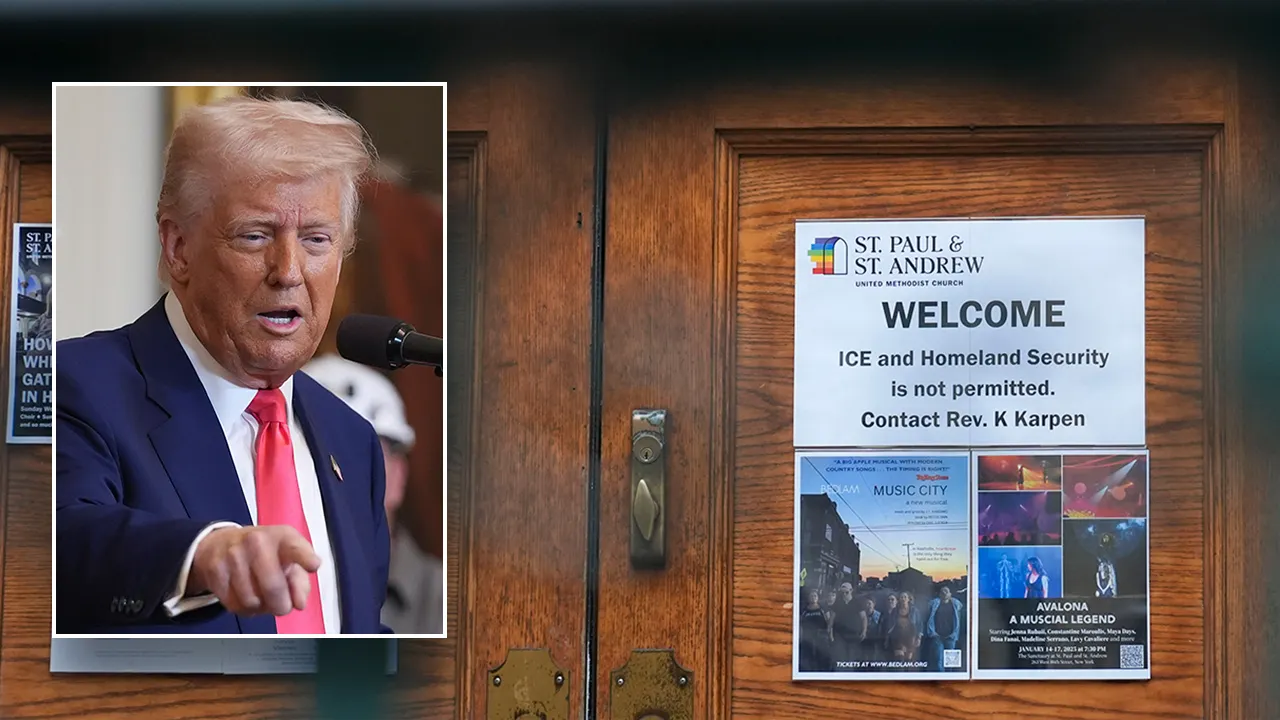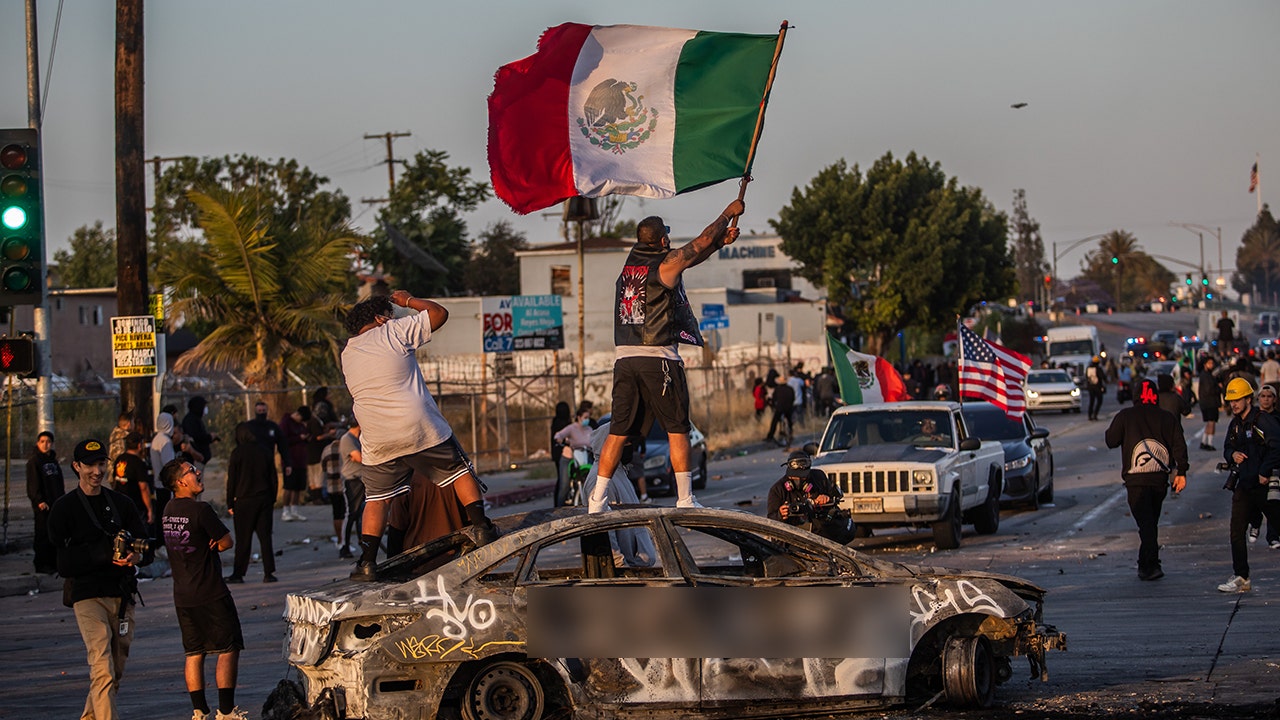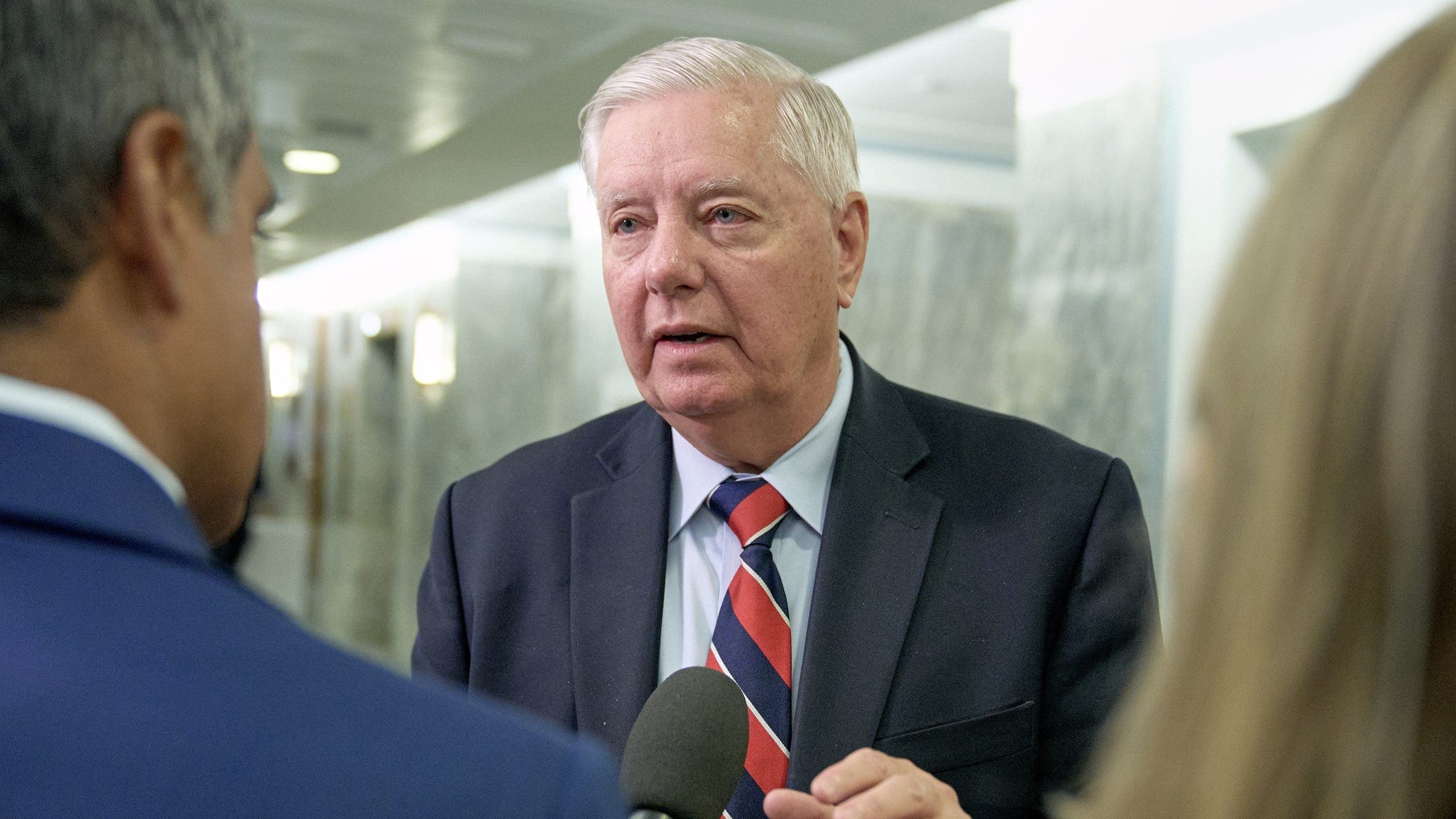Trump admin scores win as judge clears way for ICE enforcement in churches

A recent ruling by a federal judge has upheld a controversial Trump administration policy that allows U.S. Immigration and Customs Enforcement (ICE) to conduct enforcement operations at churches and other places of worship, despite facing lawsuits from various faith-based groups. U.S. District Judge Dabney Friedrich, who was appointed by Trump during his first term, denied a request from more than two dozen Christian and Jewish organizations to block the policy. These groups argued that the policy infringes on religious freedoms and has led to a drop in attendance, particularly among immigrants who fear being detained by ICE.
However, the court found little evidence to support the claim that ICE is specifically targeting churches or that the policy change is the sole reason for the decline in attendance at these places of worship. Judge Friedrich highlighted that only a few enforcement actions have actually taken place at or near religious sites. She stated in her opinion that congregants may be choosing to stay home to avoid encountering ICE in their neighborhoods, rather than out of fear of being targeted at their places of worship.
The policy in question went into effect on January 20th, the first day of Trump’s return to office. On that day, the Department of Homeland Security rescinded an Obama-era guideline that discouraged ICE agents from making arrests in “sensitive locations,” such as schools, hospitals, and places of worship. Under the new rule, ICE officers no longer require special approval to conduct enforcement actions at these locations as long as they exercise “common sense” and “discretion.”
This change in policy has sparked backlash from religious leaders who argue that it goes against more than three decades of precedent aimed at protecting immigrants and other vulnerable populations from being targeted in sacred or essential community spaces. Despite the legal challenges, Judge Friedrich’s decision means that the current policy will remain in place as the lawsuit progresses.
While some legal challenges to immigration enforcement in sensitive locations are ongoing, including a temporary block on operations at religious sites in Maryland for certain groups like Quakers, others have ruled in favor of the administration. A judge in Colorado, for example, sided with the government in a similar case involving enforcement at schools.
It is important to note that bringing back the previous policy may not necessarily result in a change in attendance numbers, as broader immigration enforcement actions could still deter people from attending services. As the legal battles continue, it remains to be seen how this controversial policy will impact the relationship between ICE and places of worship moving forward.




